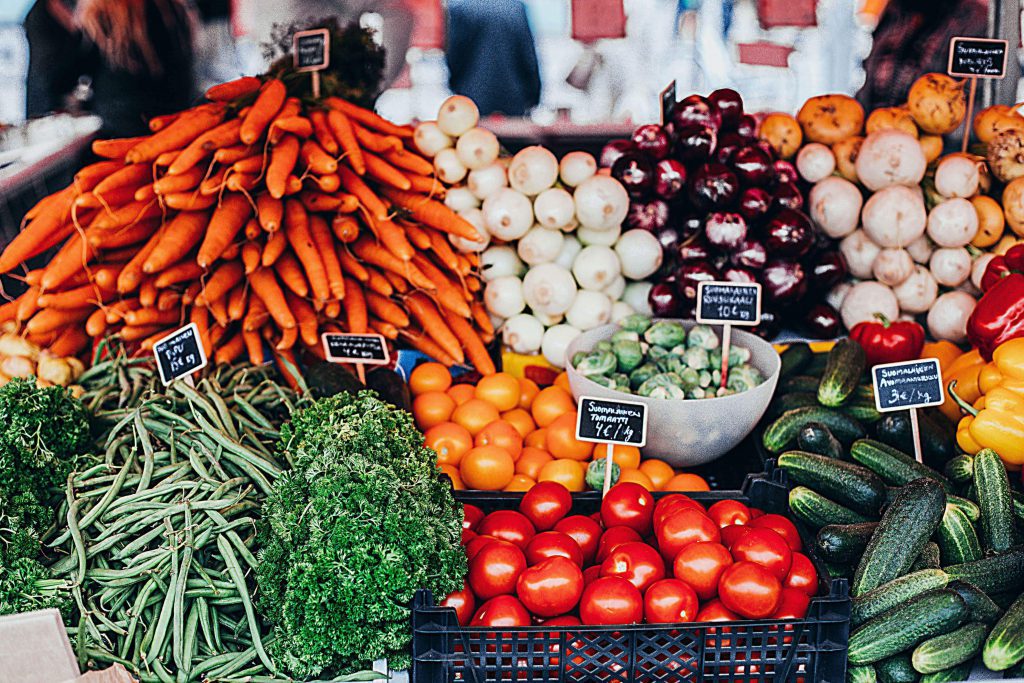Plant Based vs. Vegan
Have you been considering adopting a Plant-Based Diet? Good news…you are not alone! Perhaps you are wondering exactly what that means. Not surprisingly, it focuses on plants, including vegetables, fruits, whole grains, legumes, seeds, and nuts. Some people add small amounts of dairy and eggs while others choose plant-based meals for a portion of their day or week and then occasionally include animal protein.
Recent research shows that most plant-based consumers are millennials and Gen Xers. Even though 16% of these large population segments extensively use plant-based alternatives, 90% of them also consume meat and dairy products. This is indicative of the increasingly popular Flexitarian Lifestyle in which adherents eat plant-based most of the time but also include the occasional steak or salmon filet. The Flexitarian Diet ranked second on the U.S. News and World Report list of best diets. We will certainly see more commercial foods and meal plans supporting this concept in 2022 and beyond.
But wait a minute isn’t something missing here? Oh yes! The word vegan. Adopting the term vegan indicates that animal products are excluded from a person’s diet and lifestyle including material goods, household cleaners, beauty products, etc. From a dietary perspective, in addition to eliminating red meat and seafood, vegans do not consume eggs, dairy (including cheese) or honey. As plant-based diets have become more prevalent, there is an industry-wide shift in terminology from “vegan” to “plant-based”. From supermarkets to menus of popular chain restaurants as well as local faves, the plant-based label is becoming as popular as vegan. Be aware that not all plant-based foods and products are vegan. Read labels and descriptions carefully when making selections in the grocery store or your favorite restaurant.
Why Make the Switch?
The motivation for many people adopting a plant-based lifestyle is a desire to improve their health. When cholesterol and/or blood sugar starts to creep up, more and more medical professionals are recommending a plant-based diet. Research shows that this lifestyle can reduce the risk of developing diabetes, heart disease, and cancer as well as help you achieve and maintain a healthy BMI.
In addition, switching to a plant-based diet not only benefits your health, it can help protect the environment. People who follow plant-based diets tend to have smaller environmental footprints. Adopting sustainable eating habits can help reduce greenhouse gas emissions, water consumption, and land used for factory farming — all factors contributing to global warming and environmental degradation.
I saved the best for last! Switching to a vegan or plant-based lifestyle significantly reduces the suffering of our animal friends. Honestly, whenever I get a craving for one of my old favorite foods from the Standard American Diet (aka the SAD diet!), I see the faces of these sweet babies and the urge evaporates. Then I head to the kitchen and create recipes that duplicate, and usually surpass, those of my previous favorite dishes!
I invite you to consider joining the club, part-time or full-time. You will feel better, the air we all breathe will be a bit cleaner, and you can give the gift of life to hundreds if not thousands of animals in your lifetime. Something to ponder while whipping up your morning tofu scramble!





